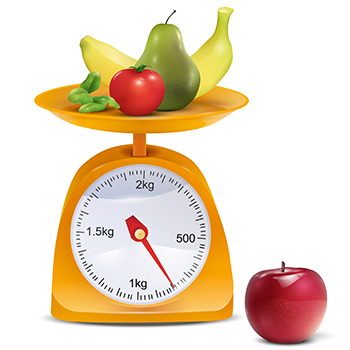Your Diet Post Weight Loss Surgery

For people who have undergone Melbourne Fl bariatric surgery one of the first questions they consider post-op is ‘what am I able to eat now’?
It is a natural question to ask and many will fear that their dietary options will be reduced considerably. However, this need not be the case.
While it is of vital importance that a dietary plan must be adhered to, there are still a wide range of foods that can be enjoyed after surgery, but there are also some things that should be cut from your diet.
Your Initial Dietary Plan
Immediately after bariatric surgery your options will be restricted. For the first four weeks you will only be able to drink liquids such as soup, fruit juices, milk and sugar-free gelatin. This is to allow your stomach to heal properly. Also your stomach will be significantly smaller so it is important you do not put any undue pressure on it as this could lead to further damage.
Pureed foods and foods containing minimal solids will slowly be introduced into your diet after this. From weeks four to eight you will be able to start eating soft foods such mashed potato, porridge, broth, stewed fruits and yogurt. You will feel full very quickly and it is important to stop eating when this happens.
Your Long-Term Diet
After eight weeks have passed you will then be looking towards what you can eat long-term. This is when you will be able to consider in earnest what you can eat and what should be avoided.
Thankfully you will have plenty of options available. One of the most important nutrients to get on board is protein. Protein is found in many (tasty) foods, but following surgery less less protein is absorbed through the intestine. It is therefore important you eat protein rich foods. You can break it down to dairy, eggs, pulses, meat and fish.
With dairy you can enjoy milk, yogurt and cheeses. Eggs can be ingested scrambled, poached and in an omelette. Pulses such as beans and lentils can be added to casseroles or salads. When it comes to meat, it is better off minced and in a sauce or, again, as part of a casserole. Oily fishes such as sardines, tuna, pilchards or soft white fish can all be eaten. Shakes are also a good source of protein.
Foods You May Wish to Avoid Initially
You will find that your tolerance for some foods decreases following surgery. Foods you previously enjoyed may now make you feel sick when you attempt to eat them. You may struggle to eat staples such as bread, pasta and rice, while drier meats such steak, chicken and roast beef may also be a struggle.
Additional fibrous vegetables such as celery and sweet corn may also prove to be a challenge.
Getting Back to Normal
In time, you will find that there are even more foods available to you providing you eat sensibly. To do this make sure you only eat three meals per day, keep portions small, eat and drink slowly, chew food thoroughly, avoid snacking, drink liquids between meals and not during, avoid carbonated and sugary drinks, only drink small amounts of alcohol and avoid foods that are high in fat and carbohydrates. It is also vital that you take daily vitamin and mineral supplements.
There is life after bariatric surgery and, while you will have to make many dietary sacrifices in the short term, you will eventually be able to enjoy many of the foods you love.
